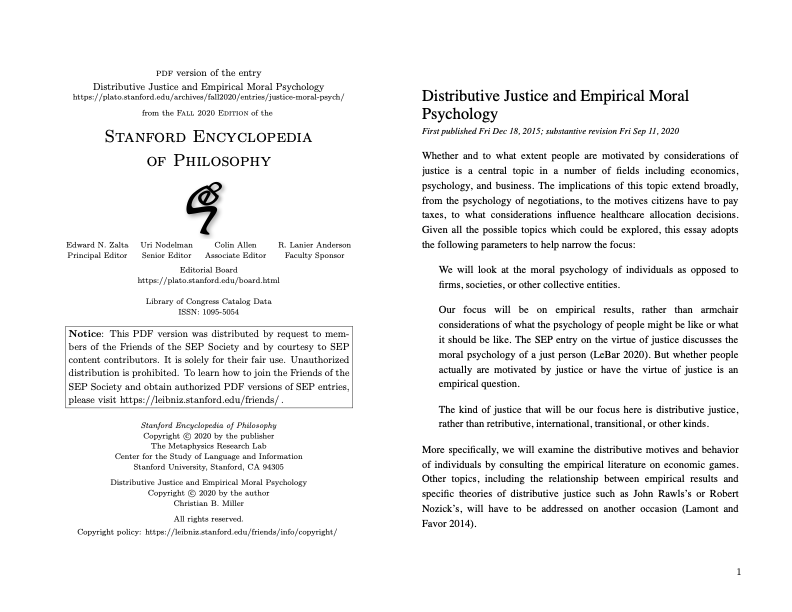If you like reading about philosophy, here’s a free, weekly newsletter with articles just like this one: Send it to me!
The rationality of hoarding
It’s often assumed, without further thought, that hoarding stuff in times of a crisis, like now with the coronavirus, must be not only an anti-social behaviour, but also inherently irrational. A behaviour that cannot be justified as being reasonable. But is this true?
If you think about it, hoarding of perishables like bread and milk, indeed seems to be a bad idea. But there are a few good reasons to be hoarding canned goods and toilet paper.
The inflation argument
First, even without a virus, the price of toilet paper (and cans, and everything else that keeps for a long time) is only going to go up over time, not down. Whether storing such goods for long time periods is rational or not depends on your availability and price of storage space. If one’s house has a large, empty basement that isn’t used for anything else, storing non-perishable, useful stuff in there for years can make sense, even financially. The precise calculation is difficult, involving inflation, transport costs (one trip to the supermarket for a roll of toilet paper is pretty wasteful in terms of fuel, but that ratio gets better the more I haul with one trip), and the probability of other disruptions over the time that my cans keep (no one said that we couldn’t have another typhoon or Fukushima along with the coronavirus).
The supply chains argument
Second, it is not true that the virus can be sure to not affect supply chains. If factories in China stay closed and international flights grounded, there is no telling what will arrive on the supermarket shelves and what won’t. It is enough for one component of your frozen peas packaging to become scarce (for example, the specific colour used to print the manufacturer’s logo) for those peas to go missing – even if the peas are local and could be readily available.
The broken deliveries argument
Third, there’s no guarantee that super markets will stay open and accessible to the public. In many places we have already seen curfews where people were not allowed to go out for shopping, having to rely on state shopping and delivery programs. Internet shopping and delivery has broken down in many, otherwise civilised places. I live in Hong Kong, and, at the height of the coronavirus lockdowns, it was extremely difficult to order anything from super markets online: the websites were overloaded, there were two-week-long delays between ordering and delivery slots, and what one ordered was not what arrived: the super markets just delivered some random subset of what had been ordered. I’m sure such things don’t happen only in Hong Kong.
The quarantine argument
Fourth, one might not be able to go …
Read the full article which is published on Daily Philosophy (external link)








